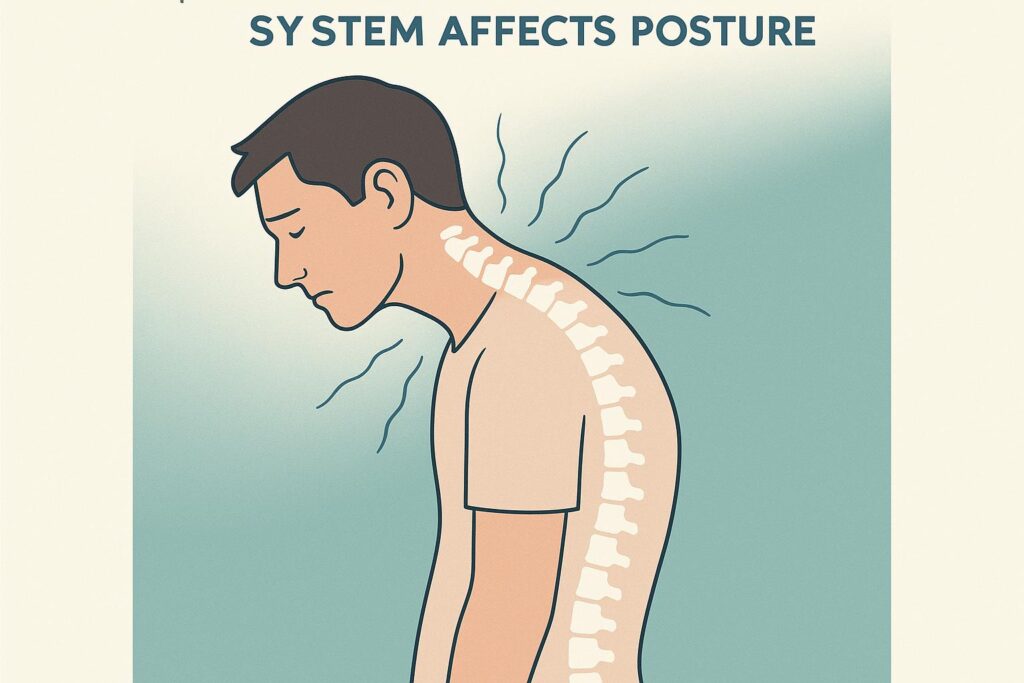Mental health is just as vital as physical health, but for many years it has been overlooked, misunderstood, or even ignored. When people talk about “health,” they often think of exercise, diet, or avoiding illness. However, our mental well-being affects how we think, feel, and act every single day. That’s why raising awareness about mental health is so important—it helps people understand its value, breaks down stigma, and encourages better support for those who are struggling.
In this article, we’ll dive into why mental health awareness matters, how it impacts individuals and communities, and what steps we can take to build a more supportive society.
Understanding Mental Health
Mental health refers to a person’s emotional, psychological, and social well-being. It influences how we handle stress, make decisions, maintain relationships, and face challenges. Just like physical health, mental health can change over time—sometimes improving, sometimes declining.
Common mental health conditions include anxiety, depression, bipolar disorder, post-traumatic stress disorder (PTSD), and eating disorders. While these conditions vary in severity, they can affect anyone regardless of age, gender, income level, or cultural background.
The reality is that millions of people live with mental health challenges, but not everyone feels comfortable seeking help. This is where awareness comes in—it creates a safe environment where conversations can happen without fear or judgment.
Why Is Mental Health Awareness Important?
1. Breaking the Stigma
One of the biggest barriers to improving mental health is stigma. People often feel embarrassed or judged when talking about their struggles, which stops them from reaching out for support. Mental health awareness campaigns help normalize these conversations. When society treats mental health like physical health, people feel less isolated and more willing to seek help.
2. Encouraging Early Intervention
Many mental health conditions develop gradually. If recognized early, they can often be managed more effectively. Awareness helps individuals identify symptoms in themselves and others—such as persistent sadness, fatigue, or changes in behavior—so they can get help before the issue worsens.
3. Promoting Healthy Coping Strategies
Awareness goes beyond just talking about illness. It also highlights the importance of self-care, stress management, mindfulness, and healthy lifestyle habits. By spreading awareness, people learn practical ways to care for their mental well-being daily.
4. Supporting Friends and Family
Mental health struggles don’t just affect the person experiencing them; they also impact families, friends, and coworkers. Awareness provides loved ones with the knowledge and tools to offer meaningful support. It helps people recognize warning signs, start conversations, and guide others toward professional help.
5. Reducing Suicide Rates
According to global health organizations, suicide is a leading cause of death, especially among young people. Many suicides occur when people feel hopeless, isolated, and unable to talk about what they are going through. By spreading awareness and providing accessible resources, communities can reduce these tragic outcomes.
6. Encouraging Better Policies and Workplace Culture
Mental health awareness isn’t just personal—it also influences society and institutions. Workplaces, schools, and governments are more likely to create supportive programs and resources when awareness increases. For example, businesses that prioritize employee well-being see improved productivity, reduced burnout, and stronger morale.
How Awareness Benefits Different Areas of Life
In Schools
Raising awareness among students helps create safe, supportive learning environments. Teachers and peers can better understand behavioral changes, stress, or bullying-related mental health challenges. This early support can prevent bigger problems later in life.
In Workplaces
Work-related stress is one of the top causes of mental health struggles. Awareness at work helps break the silence, encourages companies to provide employee assistance programs, and allows people to balance productivity with well-being.
In Families and Communities
Families that openly discuss mental health build stronger connections. Awareness campaigns in communities encourage people to check in on each other, creating a culture of empathy and care.
Ways to Promote Mental Health Awareness
- Talk Openly – Share your own experiences or ask others how they are really doing.
- Educate Yourself – Learn about common mental health conditions and treatments.
- Support Campaigns – Participate in Mental Health Awareness Month or World Mental Health Day.
- Encourage Professional Help – Remind people that therapy and counseling are not signs of weakness.
- Use Social Media Positively – Spread awareness online by sharing supportive messages and resources.
A Quick Comparison: Mental vs. Physical Health Awareness
| Aspect | Mental Health Awareness | Physical Health Awareness |
|---|---|---|
| Focus | Emotional, psychological, and social well-being | Body health, fitness, disease prevention |
| Stigma | Often misunderstood and judged | Generally accepted and openly discussed |
| Signs to Watch | Mood changes, stress, fatigue, withdrawal | Pain, illness, visible symptoms |
| Impact | Affects thinking, relationships, decision-making | Affects strength, mobility, energy |
| Importance of Awareness | Encourages conversations and reduces suicide risks | Promotes healthier lifestyles and disease control |
This table shows that mental health awareness is just as important as physical health awareness. Both contribute to overall well-being.
Conclusion
Mental health awareness is more than just a trending topic—it’s a necessity. By increasing understanding, breaking stigma, and encouraging open conversations, we can create a world where no one feels alone in their struggles. Awareness benefits individuals, families, workplaces, and communities by promoting compassion, early support, and healthier coping mechanisms.
When people ask, “Why is mental health awareness important?” the answer is simple: because mental health touches every part of our lives. And when we prioritize it, society as a whole becomes healthier, kinder, and stronger.
FAQs
1. What does mental health awareness mean?
Mental health awareness refers to educating people about mental health conditions, reducing stigma, and encouraging open conversations so individuals feel supported in seeking help.
2. How can I help raise mental health awareness in my community?
You can start by talking openly about mental health, joining awareness events, volunteering at local organizations, and sharing educational resources online.
3. Is mental health awareness only for people with mental illness?
No. Everyone benefits from mental health awareness because it promotes self-care, empathy, and a better understanding of how to support others.
4. Why is mental health awareness important in schools?
It helps students recognize emotions, deal with stress, prevent bullying, and encourage early intervention if someone shows signs of mental health challenges.
5. How does workplace awareness improve employee well-being?
Workplace awareness reduces stigma, improves access to support services, lowers stress, and creates a healthier work-life balance for employees.
Social Sharing
Your Content Goes Here
Latest Posts





